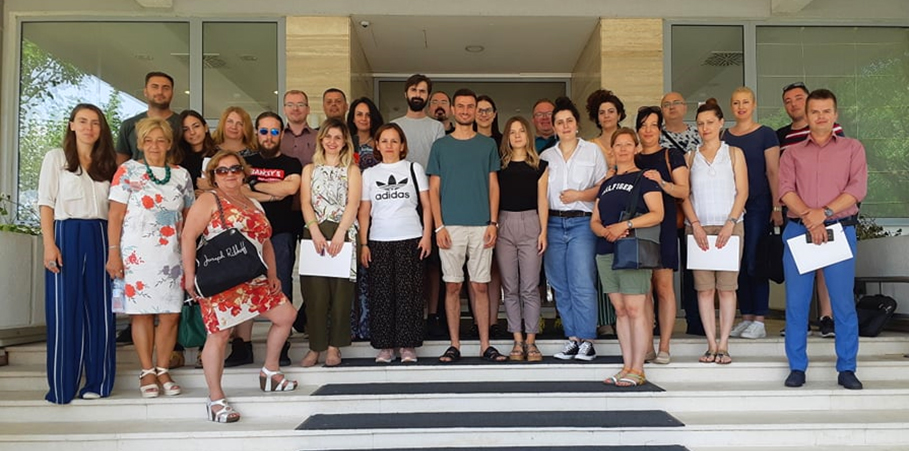Our member organisation HOPS – Options for Healthy Life Skopje, in the period from the 13th to the 15th April 2022, realized three one-day trainings in three different cities: Strumica, Bitola and Skopje on the topic: “Treatment of women victims of gender-based violence who use drugs“, intended for professionals working with victims of gender-based violence.
On April 13, the training was held in the Therapeutic Community “Pokrov” – Strumica, which was attended by a total of 13 representatives: 8 representatives from the Centers for Social Work in Sveti Nikole, Strumica, Kočani and Štip and 5 representatives from other non-governmental organizations: Educational – humanitarian organization “EHO” – Štip, Youth Club of the Red Cross Strumica, Women’s Action Radoviš, Sky Plus Strumica and the therapeutic community Pokrov Strumica.
On April 14, the training was held at the hotel “Millennium Palace” Bitola, which was attended by a total of 12 representatives, of which: 3 representatives from the Centers for Social Work in Prilep and Resen, 2 representatives from PHI Health Center Bitola and PHI General Hospital Prilep, 1 representative from PHI Psychomedica Bitola and 6 representatives from non-governmental organizations: Center for Human Rights AMOS – Bitola, Via Vita – Bitola, Station 5 – Prilep and Association for Social Action, Prevention Education EASP Prilep.
On April 15, the training was held in the hotel “City Park” Skopje, which was attended by a total of 13 representatives, as follows: 4 representatives from the Centers for Social Work in Skopje, Veles and Tetovo, 2 representatives from PHI General Hospital Kumanovo and 7 representatives by non-governmental organizations: Macedonian Young Lawyers Association, Association for Health Education and Research HERA Skopje, Civic Initiative for Women Sveti Nikole, National Network against Violence against Women and Domestic Violence and the Red Cross of the Republic of Northern Macedonia.
The trainings were led by prof. Dr. Liljana Ignjatova from the Medical Faculty Skopje, Department of Psychiatry and Hajdi Sterjova Simonovic – Executive Director of the Association HOPS. The purpose of these trainings is to sensitize the professionals who work with women who use drugs in cases when they are victims of gender-based violence.
The participants evaluated all three trainings extremely positively, both from the aspect of high quality and level of theoretical and practical knowledge of the trainers, as well as from the aspect of interaction established between the participants and the trainers and the possibility for exchange of information and experiences.
The experience from the held trainings showed us that there is a huge interest in this topic and the need to conduct such trainings in the future.
The trainings are organized by the Association HOPS, supported by the Eurasian Harm Reduction Association (EHRA), as part of the project “Access to comprehensive care for women who use drugs in cases of violence” funded by COVID-19 Response Mechanism (C19RM) of the Global Fund to Fight AIDS, Tuberculosis and Malaria as part of the regional project “Sustainability of services for key populations in Eastern Europe and Central Asia region” (#SoS_project) implemented by the Alliance for Public Health.


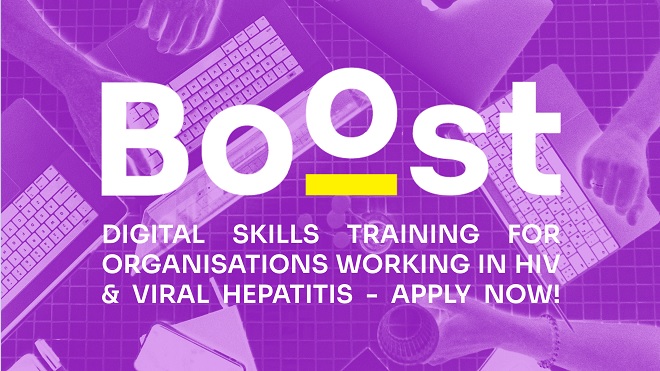

 The program of the training was developed following the
The program of the training was developed following the 
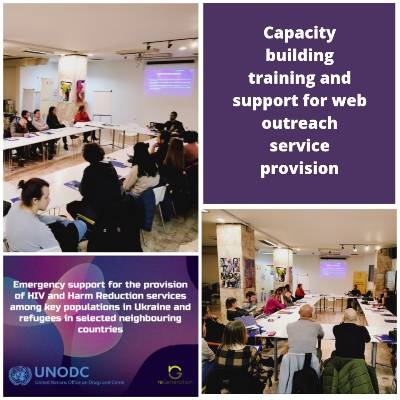
 NGO ReGeneracija held the training “Piloting web outreach services for working with people who use drugs and are at risk of HIV/AIDS, with a special focus on new psychoactive substances, stimulants and recreational drug use” on 20 February 2023. The training was part of the project “
NGO ReGeneracija held the training “Piloting web outreach services for working with people who use drugs and are at risk of HIV/AIDS, with a special focus on new psychoactive substances, stimulants and recreational drug use” on 20 February 2023. The training was part of the project “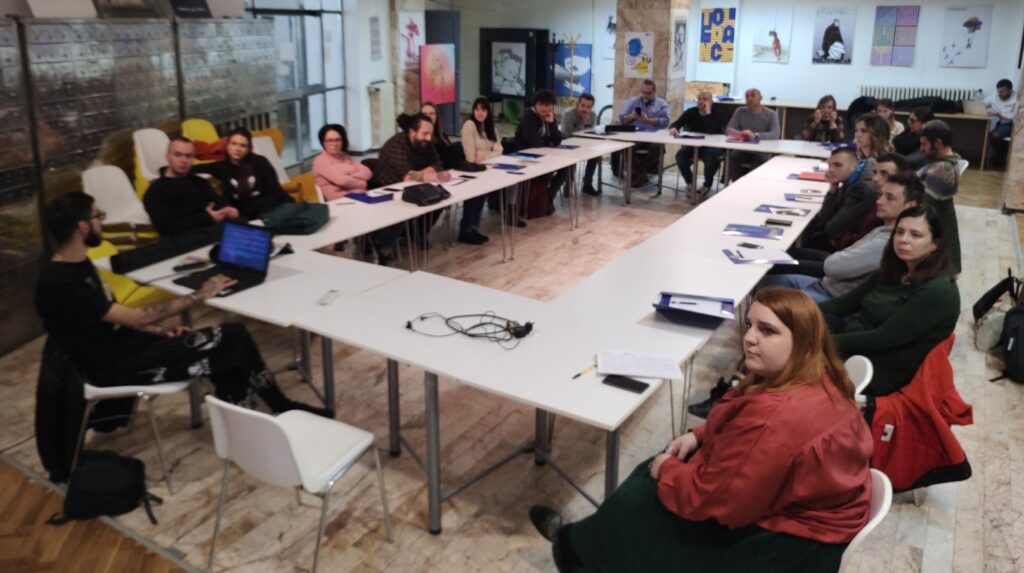


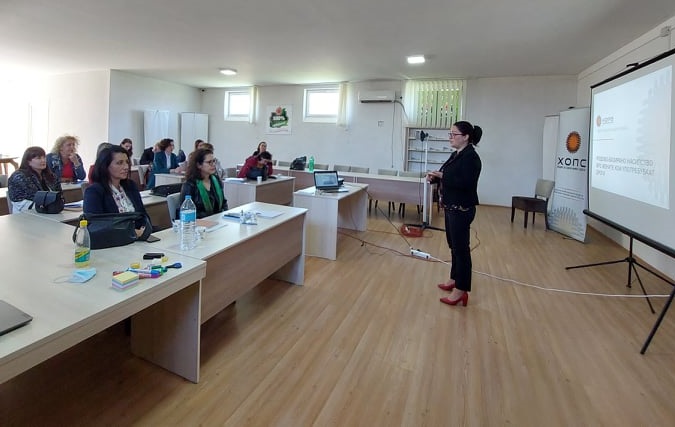

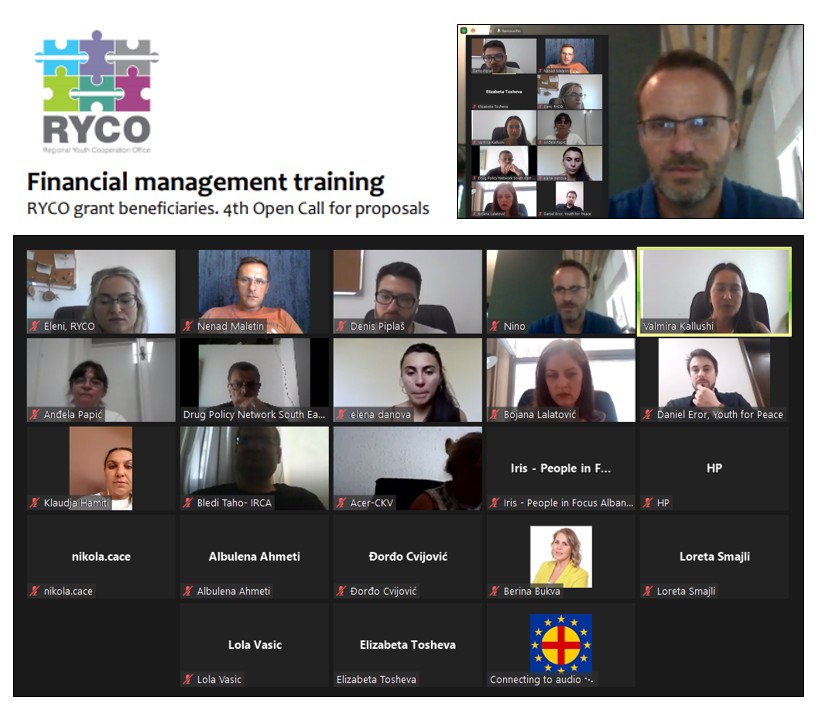

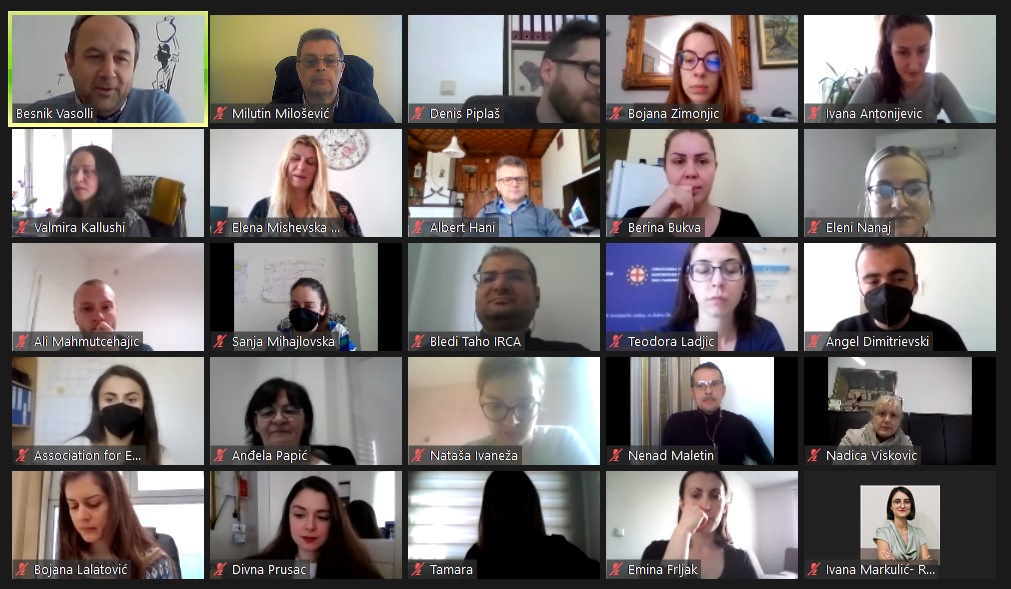

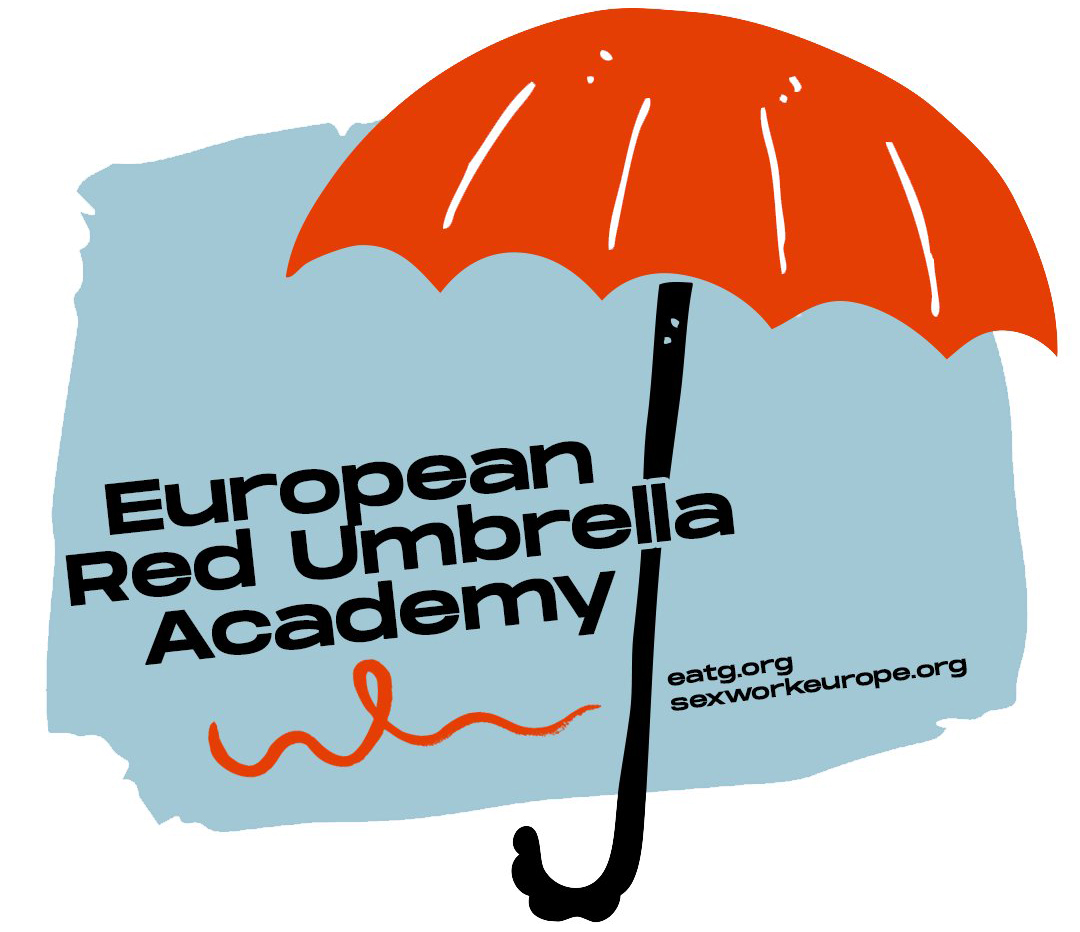

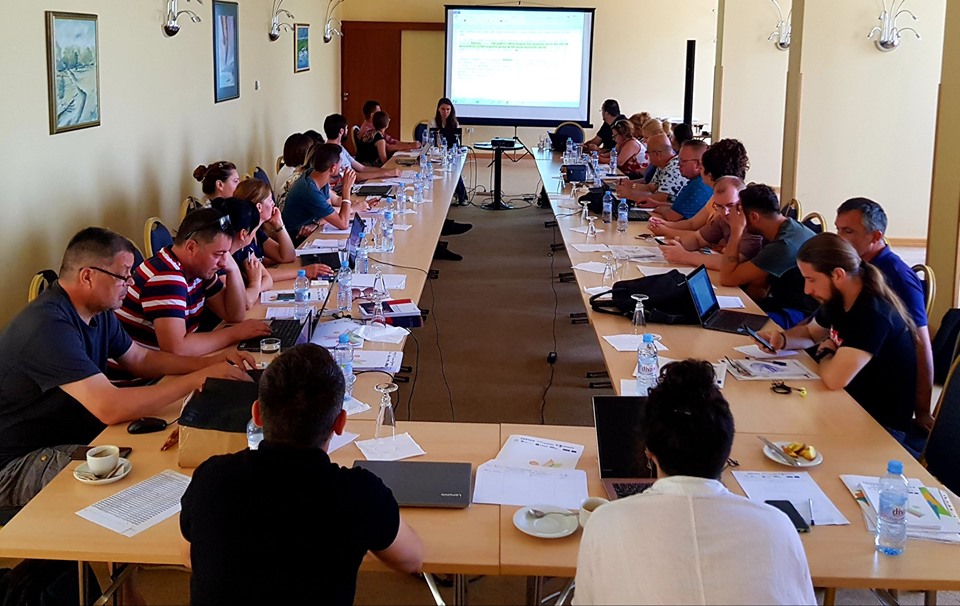
 Within the project “Strengthening young people at risk of social exclusion“, a regional training of the
Within the project “Strengthening young people at risk of social exclusion“, a regional training of the 
